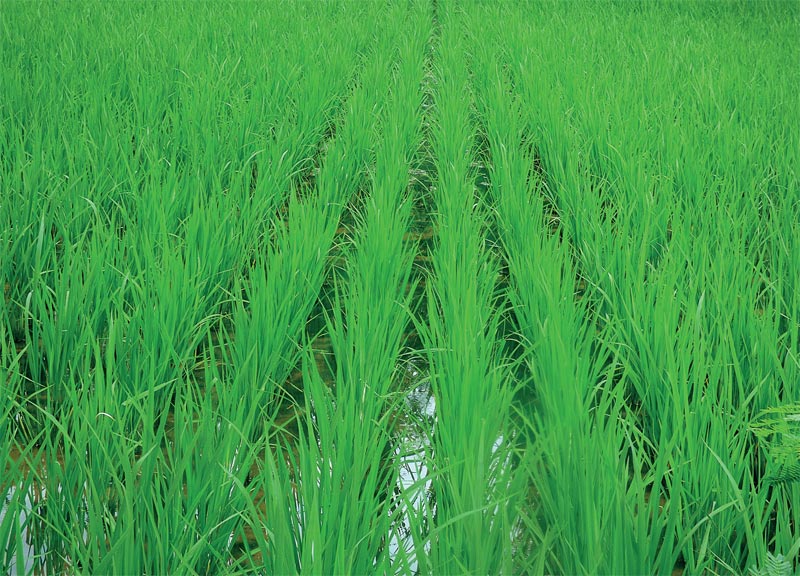Friday Feb 13, 2026
Friday Feb 13, 2026
Thursday, 10 February 2022 00:06 - - {{hitsCtrl.values.hits}}

Apply agricultural practices that prevent/mitigate environmental pollution
By Eng. Nihal Cooray
I was very happy to read that Wijeya Newspapers, Hokandara complex won the Platinum Award in the Category of Printing and Packaging Industry Sector – Manufacturing, Medium at the National Cleaner Production Awards 2021. Congratulations to the Cleaner Production team and the company for their commitment and continuous involvement which enabled them to win the CP awards several times.
With the commitment and fullest involvement of the top management and employees, the company has shown how Cleaner Production (CP) implementation can conserve valuable and scarce resources, increase profits, and achieve environmental excellence. I am especially thankful for showing Sri Lanka that Cleaner Production can generate better results in bad times, reminding us of the power of this concept which can be applied to every economic activity.
I, with many others in different disciplines, were fortunate to be trained as CP assessors through the UNDP/Ministry of Environment CP training program in 1991 and was able to apply this concept and train many from all parts of Sri Lanka. The CP programs initiated by the Small and Medium Enterprise Developers (project SMED) of Federation of Chambers of Commerce and Industry of Sri Lanka (FCCISL) and Friedrich Neumann Foundation paved the way for UNIDO to select FCCISL to host the National Cleaner Production Center in 2002 under a UNIDO Integrated industrial development support program through the Ministry of Industries.
Sri Lanka established the “National Cleaner Production Policy” in 2005 followed by several sectorial policies. Some key strategies suggested in it are very important to overcome the present situation in the country in a sustainable way. They include:
Develop regulatory, financial and market-based instruments to facilitate implementation of sectorial CP policies;
The Cleaner Production approach to energy resources, has shown tremendous potential in reducing usage and waste.
One of the important sectoral policies made is the Cleaner Production policy in Agriculture. It states, “The application of the Cleaner Production Concept on sustainable agriculture is the only way out of this unfavourable situation. Every agriculture production should be environmentally-friendly which is accessible by the increasing population. Therefore, in the development of agriculture, Cleaner Production technologies should be implemented either individual or at institutional level.”
Strategies developed in the policy to implement CP in agriculture include:
The important assumption of cleaner production is, “Waste in any form is a valuable resource.” It is not a reactive process where we wait until waste occurs to treat. It is a proactive process which reduces or eliminates waste at the source.
The Cleaner Production concept and many supporting tools have been now developed to a very advanced level. Resource Efficient and Cleaner Production (RECP), Green productivity, Sustainable consumption and production, Life cycle assessment, eco design are few supporting concepts which have CP as the core.
Recently the National Policy for Sustainable Consumption and Production was adopted and the SCP forum was launched. It is the need of the hour for all institutions related to CP, past CP award winners, trained CP professionals to unite to take a lead role to implement CP at National level to overcome an economic, social and environmental breakdown. Including children, we all must see waste as a very valuable and scarce resource and not over-consume.
(The writer is a Certified Cleaner Production assessor.)